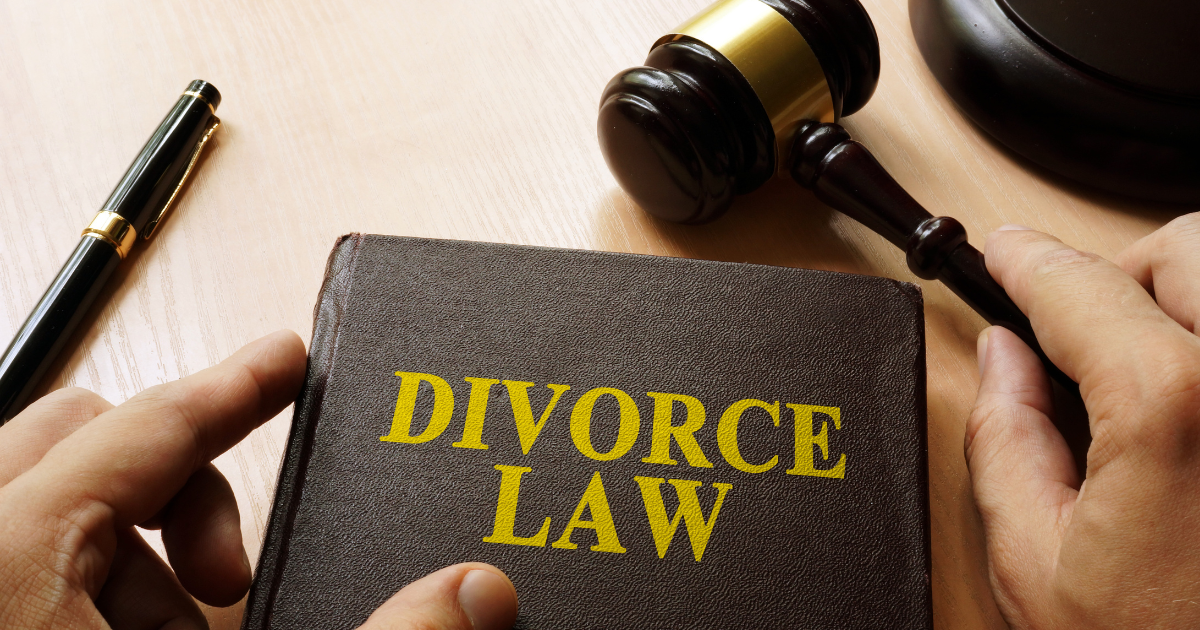Middlesex County Military Divorce Lawyers
Navigating a military divorce can be complex due to additional legal and financial factors unique to service members and their spouses. Understanding these distinctions is critical, and our Middlesex County military divorce lawyers at Thakkar Family Law can assist.
What Makes Military Divorce Different From Civilian Divorce?
Military divorce involves additional layers of regulations beyond the standard state divorce laws. While state law still governs many aspects, such as child custody, division of property, and alimony, federal laws also come into play. One major factor is the Servicemembers Civil Relief Act (SCRA), which protects active-duty military personnel from civil litigation, including divorce proceedings, if their military service affects their ability to respond. This act can delay divorce proceedings for active-duty service members, ensuring they can focus on their duties without facing legal deadlines.
Moreover, military retirement benefits are a significant consideration. The Uniformed Services Former Spouses’ Protection Act (USFSPA) allows state courts to divide military retirement pay as marital property, but only under specific conditions. This combination of state and federal regulations sets military divorces apart from civilian divorces.
Where Should You File for a Military Divorce?
Deciding where to file for a military divorce can be confusing. Unlike civilian divorces, military families often move frequently, making residency requirements more complicated. In general, a military divorce can be filed in:
- The state where the military member is stationed.
- The state where the military member claims legal residency.
- The state where the spouse resides.
Each state has its own rules for residency in divorce cases. For example, in New Jersey, at least one spouse must have been a resident for at least one year before filing for divorce. However, if the military member is stationed elsewhere, their home state may offer another option.
It is important to consult with an attorney to understand the best jurisdiction for your case, as this can impact how assets are divided, including military pensions.
How Is Military Pension Divided in a Divorce?
Military pensions can be one of the most valuable assets in a military divorce. The USFSPA allows for military retirement pay to be divided as marital property, but certain conditions must be met. Specifically, the “10/10 rule” requires the couple to have been married for at least 10 years, with 10 years of that marriage overlapping with military service, for the spouse to receive direct payments from the Defense Finance and Accounting Service (DFAS).
However, even if the marriage doesn’t meet the 10/10 rule, a state court can still award the non-military spouse a portion of the pension. In such cases, the service member must make payments directly to their former spouse. It is also important to note that military pensions are subject to state laws regarding property division in divorce cases, meaning the specific terms will vary depending on where the divorce is filed.
Can Child Support and Alimony Be Affected by Military Service?
Yes, military service can influence both child support and alimony calculations. While the same guidelines apply to civilian divorces and military divorces, service members’ pay structures are different. Military pay includes basic pay, housing allowances (BAH), and special pay for things like deployments or hazardous duty. All of these factors are considered when calculating child support or alimony.
New Jersey courts consider the totality of a service member’s income, including any allowances, when determining support obligations. This ensures that children and former spouses receive an equitable share, even if military income fluctuates due to deployments or temporary assignments.
Additionally, military regulations require service members to support their dependents, even if a court order for child support or alimony is not yet in place. Each military branch has specific guidelines for the amount of support a service member must provide before an official court order.
How Does Deployment Impact Child Custody and Visitation?
Deployments can complicate child custody arrangements, but New Jersey courts prioritize the best interests of the child. In many cases, service members may be unable to maintain primary custody or regular visitation schedules due to deployments or relocations.
Military families can draft a parenting plan that considers deployment and outlines how custody will be managed while the service member is away. For instance, this might include provisions for temporary custody transfers or virtual visitation options like video calls. A well-crafted parenting plan can reduce uncertainty and ensure children maintain a relationship with both parents.
It’s important to address deployment issues proactively during the divorce process. The plan should be flexible enough to accommodate changing military assignments but specific enough to minimize disruptions for the child.
Are There Special Protections for Active-Duty Service Members During Divorce?
Yes, active-duty service members are afforded certain legal protections during divorce proceedings. The SCRA is designed to protect service members from the potential adverse effects of civil litigation, including divorce, while they are on active duty. Under the SCRA, service members can request a delay in divorce proceedings if their military duties prevent them from participating in the case. This protection ensures that service members are not disadvantaged by their service obligations.
Additionally, military members are protected from default judgments in divorce cases if they cannot appear in court due to their military responsibilities. The court must appoint an attorney to represent the absent service member’s interests, further safeguarding their rights during the divorce process.
What Benefits Remain for the Non-Military Spouse After Divorce?
After a divorce, the non-military spouse may retain some benefits depending on the length of the marriage and the spouse’s military service. The 20/20/20 rule is a key consideration here. If the couple was married for 20 years, the service member served for at least 20 years, and the marriage overlapped with 20 years of military service, the former spouse is entitled to lifetime military benefits, including access to healthcare, commissary, and exchange privileges.
If the couple does not meet the 20/20/20 rule, the non-military spouse may still qualify for one year of transitional healthcare coverage through the military, provided the marriage lasted at least 20 years and overlapped with at least 15 years of military service. After this transitional period, the former spouse would need to seek healthcare coverage through other means.
How Can You Get Started With a Military Divorce in Middlesex County?
The first step in pursuing a military divorce is understanding the unique legal and financial challenges involved. Consulting with a lawyer with experience handling military divorce cases in New Jersey is essential to ensure your rights are protected throughout the process. The complexities of dividing military pensions, addressing child custody during deployments, and calculating support based on military pay can be overwhelming, but the right legal guidance can make the process more manageable.



